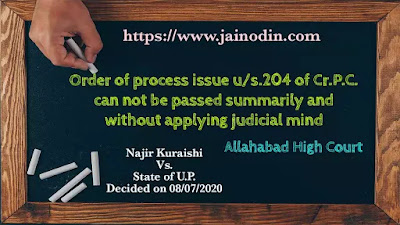Further, on careful reading of the charge, it appears that the Court has framed the charges of offences under Sections 409, 420, 467, 468, 471 and 120-B of IPC. On reading of provisions of IPC, of which charges are framed against the petitioners as well as principle laid down in this regard by the Hon'ble Apex Court in its various pronouncements, before applying the Section 409 of IPC, consideration of Section 405 of IPC is necessary. Bare reading of Section 405 IPC shows that the accused is either entrusted with a property or acquires dominion over the property and misappropriates the same dishonestly or converts the same for its own use or dishonestly uses or disposes of that property. In criminal breach of trust, the person comes into possession of a property honestly but he develops dishonest intention subsequent to his acquiring dominion over the property by way of entrustment or otherwise. To constitute the offence of criminal breach of trust following ingredients must be fulfilled:-
(i) There has to be some property.
(ii) The said property must be entrusted to someone with or without any contract.
(iii) The dominion of the property was shifted from complainant to the accused.
(iv) The accused person refuses to return/restore the said property to the rightful owner when demanded.
(v) The accused having misappropriated/converted to its own use/disposed the property refuses to restore the property to the complainant/lawful owner.
15. When offence of criminal breach of trust committed by any public servant or by banker merchant or agent then they shall be punished under Section 409 of IPC.
16. Further in order to apply section 420 IPC, the essential ingredients are:-
(i) cheating;
(ii) dishonestly inducement to deliver property or to make, alter or destroy any valuable security or anything which is sealed or signed or is capable of being converted into a valuable security, and
(iii) mens-rea of the accused at the time of making the inducement."
17. Further, under the IPC, the cheating is defined in Section 415 and on reading of the said provision in the light of legal verdicts passed in this regard, the following ingredients are necessary to constitute the offence of cheating :-
(1) Deception of any person.
(2) (a) Fraudulently or dishonestly inducing that person;
(i) to deliver any property to any person; or
(ii) to consent that any person shall retain any property; or
(b) intentionally inducing that person to do or omit to do anything which he would not do or omit if he were not so deceived, and which act or omission causes or is likely to cause damage or harm to that person in body, mind, reputation or property.


